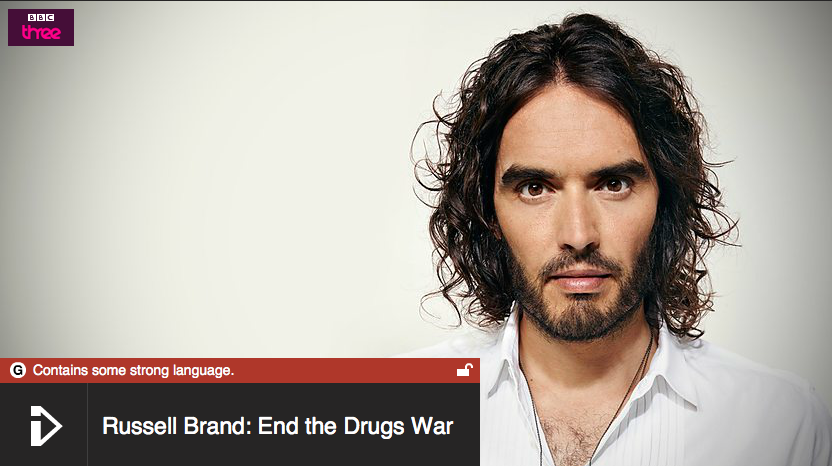This may well be an unusually brief blog on this subject but it’s clear there are no reasonable arguments to be made for the continued social policy of prohibition and criminalisation of drugs, the spurious suggestion that removing these barriers to taking drugs will encourage significant uptake is farcical. Convinced by the medicinal value of some psycho-active substances, I do not subscribe to Russell Brand’s advocacy for total abstinence but I still really appreciated his recent documentary. The big reason for ongoing prohibition which I suspect is the elephant in the room on this issue is one I haven’t heard put forward lately.
Politicians are either:
1/ paid off by or
2/ too scared to confront
…the secret service/mafia entities who use cash from black market economies to fund their activities. Immediately after 9/11, the first target for Western forces were the opium fields of Afghanistan where thousands of troops were posted to protect crops, later distributed globally under the cover of body bags and military operations. Black Ops have to get funded somehow and black market commerce is one way for secret government departments and associated shadow dwelling agencies to get liquid. Incidentally, cheap heroin and other such narcotics are also great ways of suppressing any revolutionary spirit. There are very convincing sources suggesting Vietnam may well have been instigated and sustained as a means of dampening the spirits of the black civil rights movement in America by introducing waves of young black man to the copious supplies of opiates in the East.
Personally, I think the issue around drugs is not so much to be solved by political policy as by addressing the corruption of the statute based legal system. Drug use is not a common law crime, it is an inherent right that men and women must be able to affect their nervous systems without interference. It is the unlawful practices and manipulation of the police force that begs reform in my opinion.

